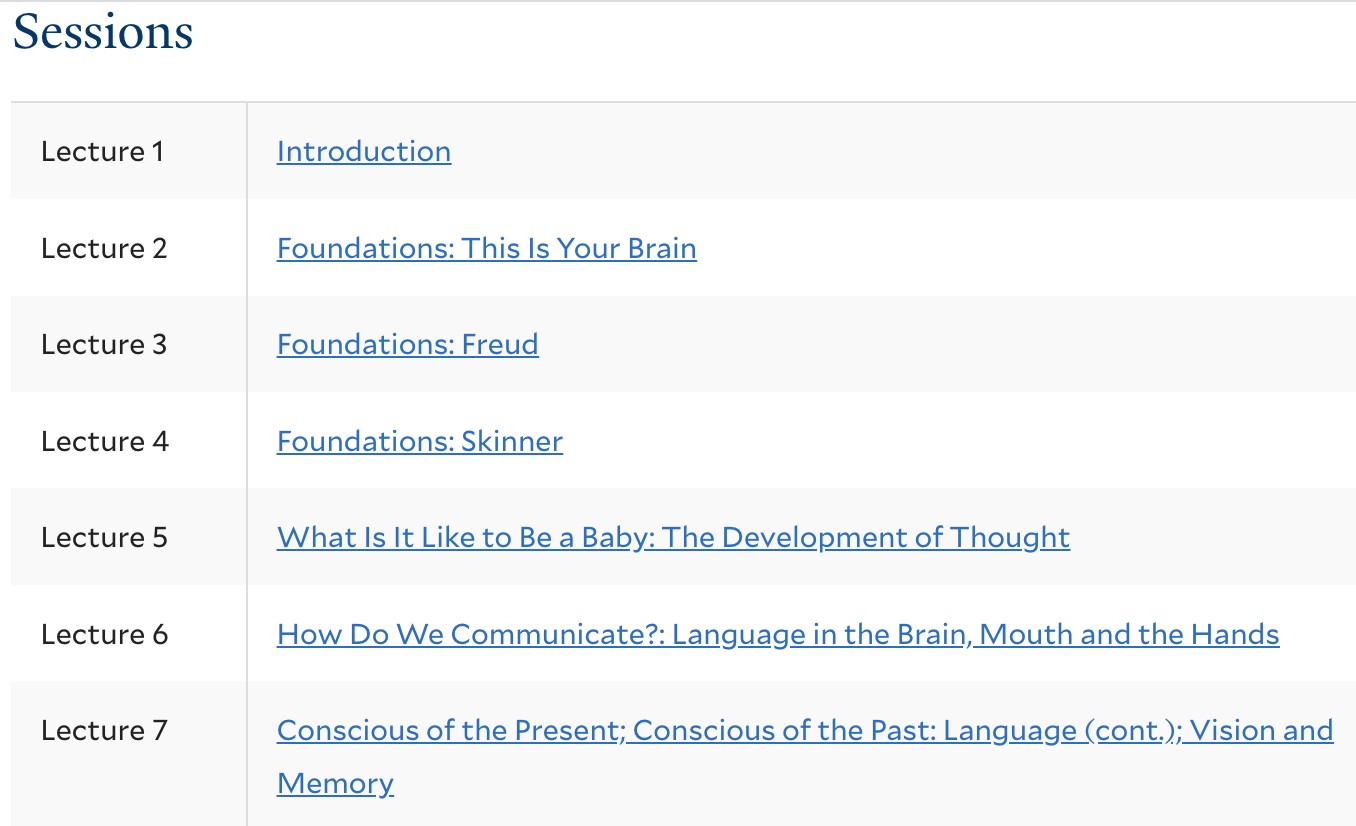Learning psychology independently is entirely achievable with the right resources and a structured approach. This comprehensive guide provides an 8-step roadmap to mastering the fundamentals of psychology without formal education.
1. Spark Your Interest with Popular Psychology Books
Begin by igniting your curiosity with engaging contemporary psychology books written for a general audience. These books offer a captivating introduction to the field, free of complex jargon. Some recommendations include:
- Thinking, Fast and Slow by Daniel Kahneman: Explores the two systems of thinking that drive the way we make decisions.
- Quiet: The Power of Introverts in a World That Can’t Stop Talking by Susan Cain: Examines the often overlooked strengths and talents of introverts.
- The Happiness Hypothesis by Jonathan Haidt: Combines ancient wisdom and modern science to explore the nature of happiness and well-being.
- Influence: The Psychology of Persuasion by Robert Cialdini: Delves into the psychological principles behind why people say “yes.”
- Predictably Irrational by Dan Ariely: Uncovers the systematic ways in which we are irrational and how these biases shape our decisions.
2. Build a Foundation with an Introduction to Psychology
Once your interest is piqued, establish a solid foundation in core psychological concepts. Utilize introductory online courses, textbooks, or a combination of both.
- Online Course: Yale’s Introduction to Psychology offers a free, comprehensive overview of the field, covering topics like memory, emotions, and decision-making.
- Textbook: Psychology by Peter Gray provides a thorough introduction to the field, focusing on the interplay between behavior and biological science.
3. Expand Your Knowledge with Other Beginner Psychology Courses
Supplement your foundational knowledge with other beginner-level psychology courses readily available online. Consider exploring topics like social psychology, developmental psychology, or abnormal psychology.
4. Stay Current with Psychology Podcasts
Engage with psychology in an accessible format through podcasts. They offer insights into current research, clinical practice, and fascinating discussions on various psychological topics.
- Hidden Brain: Explores the unconscious patterns that drive human behavior, featuring interviews with leading researchers and thinkers.
- The Psychology Podcast: Hosted by Dr. Scott Barry Kaufman, this podcast features in-depth conversations with prominent psychologists on a wide range of topics.
5. Delve into the Classics with The Norton Anthology of Psychology
Immerse yourself in pivotal writings that have shaped the field of psychology with The Norton Anthology of Psychology. This collection features essays and articles from influential figures like William James and Sigmund Freud.
6. Keep Up with Research in Scientific American Mind
Stay informed about the latest discoveries and advancements in psychology by reading articles from Scientific American Mind. Their insightful articles cover a wide range of topics, from neuroscience to cognitive psychology.
7. Explore the Major Branches of Psychology
Deepen your understanding by focusing on specific branches of psychology, such as cognitive psychology, developmental psychology, social psychology, biological psychology, or clinical psychology. Consider dedicated textbooks for each branch.
8. Follow Your Curiosity and Specialize
Once you have a broad understanding, allow your curiosity to guide your further exploration. Specialize in a subfield that particularly interests you, such as forensic psychology, health psychology, or educational psychology.
By following these steps consistently, you can develop a robust understanding of psychology and embark on a fulfilling journey of self-directed learning.

